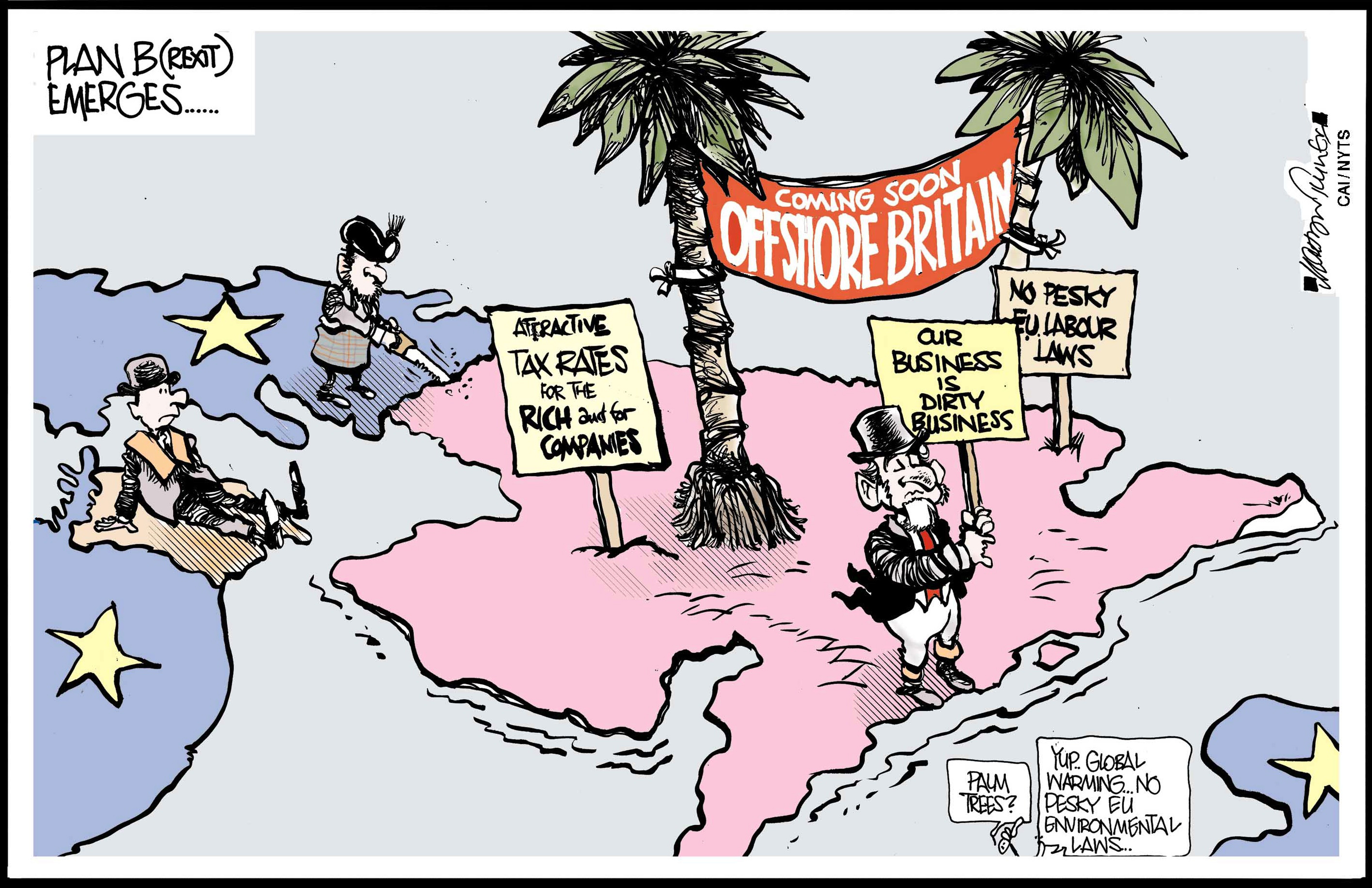Populism, nationalism and xenophobia all contributed to the victory of the "leave" campaign in the United Kingdom's recent referendum on membership in the European Union. But these forces float on the surface of a larger sea change: a fundamental shift worldwide in the relationship between the state and the market.
Since the birth of modern capitalism, these two frameworks of human activity have generally been at odds. While the market tends to expand geographically as its participants pursue economic benefits, the state seeks to keep orderly everybody and everything within the territory it controls. A merchant may recognize market opportunities in a foreign country, but he will run into the state — most immediately, that country's immigration authorities — if he pursues them.
How to reconcile the tension between the market and the state is the central concern of political economy today, just as it was for Adam Smith in the 18th century, Friedrich List and Karl Marx in the 19th century, and John Maynard Keynes and Friedrich von Hayek in their long debate on the topic through the middle decades of the 20th century.



















With your current subscription plan you can comment on stories. However, before writing your first comment, please create a display name in the Profile section of your subscriber account page.